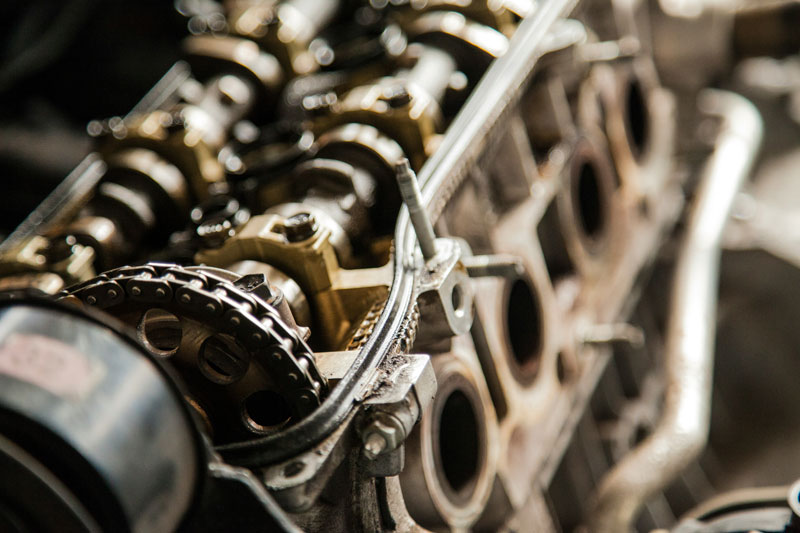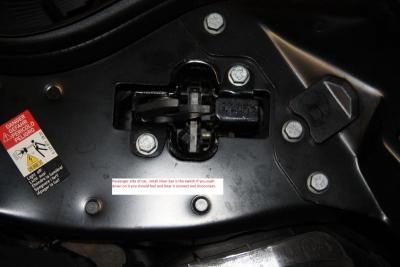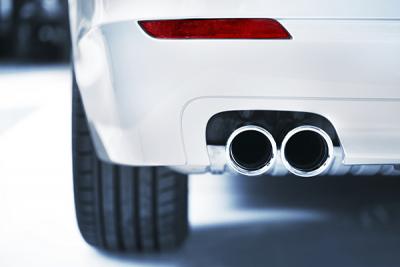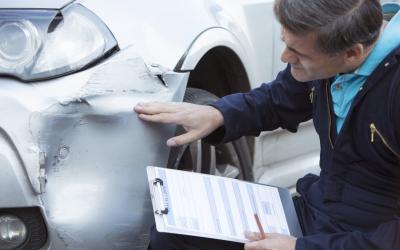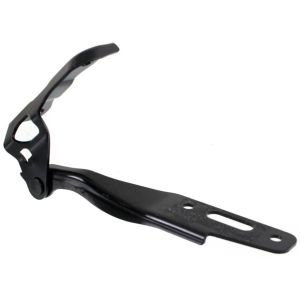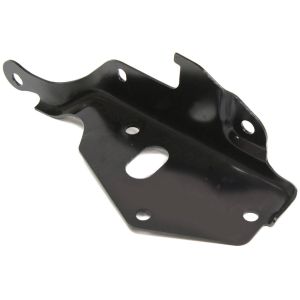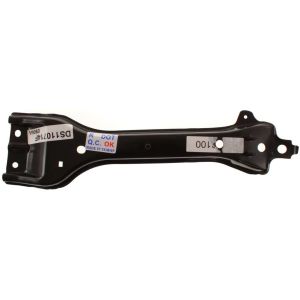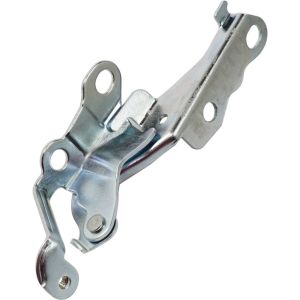Begin by locating your car's Vehicle Identification Number (VIN). It's usually found on the dashboard or driver's side door pillar. Online VIN decoders can then uncover your engine type from the VIN.
Additionally, you could physically inspect your engine. Search for details like the number of cylinders or spark plugs. You don't have to do this alone - ask a mechanic or call the manufacturer for assistance.
Figuring out what engine your car has can be simpler than you think, and there's more to explore if you want to dig deeper into the subject.
Key Takeaways:
- Locate the Vehicle Identification Number (VIN) on your car's dashboard or driver's side door pillar.
- Use an online VIN decoder to interpret the information, particularly the 8th character which often indicates engine type.
- Consult the car manufacturer or a professional mechanic for detailed engine information.
- Physically inspect the engine, taking note of key features like the number of cylinders and spark plugs.
- Refer to your vehicle's registration or insurance documents where VIN and corresponding engine details are listed.
Why Is It Important to Know Your Engine?
Understanding your car's engine type is essential as it directly influences the vehicle's performance, fuel efficiency, and maintenance requirements. The importance of this knowledge can't be overstated.
It benefits you in the selection of the right engine type, ensuring peak performance. Familiarizing yourself with different types of engines helps you make informed decisions, not just when purchasing a new vehicle, but also in maintaining and troubleshooting your current one.
Engine identification techniques are plentiful, from VIN decoding to physical inspection. Knowing what you're dealing with improves your understanding of its performance, allowing for appropriate maintenance schedules and efficient troubleshooting. Remember, a well-maintained engine runs smoother, lasts longer, and saves you money in the long run.
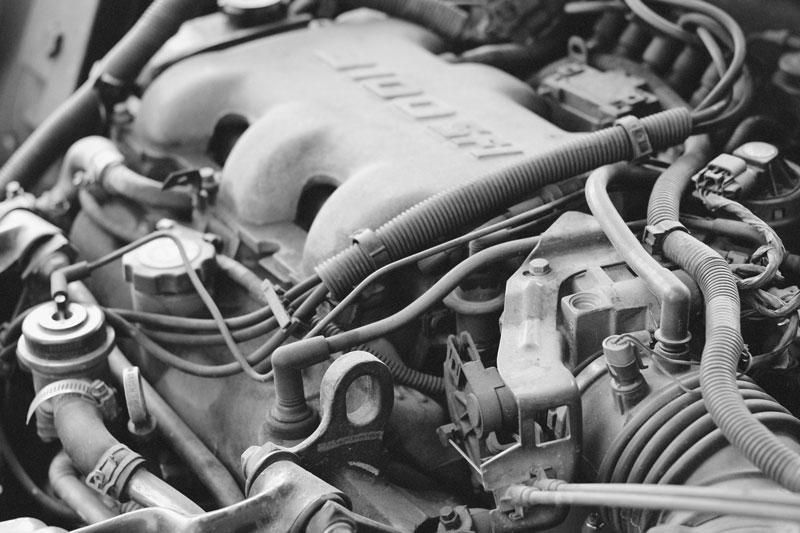
What Types of Engines Are There?
Now that you're familiar with the importance of knowing your engine, let's explore the different types of engines you might come across. Petrol and diesel engines are the most common.
Petrol engines are known for their high performance and smooth operation, while diesel engines are recognized for their fuel efficiency and durability.
Then there're electric motors, which are gaining popularity due to their eco-friendliness and low operating costs. Hybrids, which combine a conventional engine with an electric motor, offer the best of both worlds.
There are also engines that run on different fuel types like biodiesel, ethanol, or natural gas. Understanding these varieties is essential for evaluating engine performance and making an informed choice about your vehicle.
How to Find out What Type of Engine Your Car Has?
You're probably wondering how to figure out what type of engine your car has. Well, it's not as tough as it seems! Start by locating your Vehicle Identification Number (VIN), then learn how to decipher it, or consult with a mechanic or your manufacturer.

Locate the VIN Number
To find out what type of engine your car has, start by locating the Vehicle Identification Number (VIN), which can typically be found on the dashboard beneath the windscreen or on the driver's side door pillar.
This unique 17-character number provides a wealth of information about your car, including the type of engine it has. VIN decoding is the process of making sense of this information. To decode your VIN, you can use online resources.
There are numerous free VIN decoders available online that can provide you with detailed information about your vehicle, including the type of engine it has. Simply input your VIN into the decoder, and let it do the hard work for you!
Where to Find It?
After finding your VIN, you can begin to uncover the specifics of your car's engine. You're not just sniffing out any old detail, you're diving into engine identification and maintenance. The VIN decoding process will reveal your engine details, unmasking the secrets tucked away under the hood.
You can find your VIN in several places—on the driver's side of the dashboard, in the door jamb, and even on your vehicle registration and insurance card. To decode your VIN, use a free online service or contact your dealership.
In just a few clicks, you'll have a clearer understanding of what's powering your ride. Remember, understanding your car's engine isn't just about knowledge, it's about efficient maintenance and care.
How to Read It?
Once you've located your VIN, reading it to find out your car's engine type is the next step. Understanding VIN codes is crucial. It's a 17-character identifier unique to your vehicle. Each character has a specific meaning, with the 8th character usually indicating the engine type.
To decode this, use online decoders which are widely available and easy to use. Simply input your VIN, and the decoder will provide a breakdown of your vehicle's information, including the engine type.
Remember, VIN codes are standardized, so they're read the same way for all vehicles. It's a reliable way to discover the specifics of your car's engine. Remember, this method won't replace professional advice, but it's a good starting point.
Call the Manufacturer or Ask a Mechanic
Even with all this information, you might still be unsure about your car's engine type - that's where reaching out to professionals, such as contacting the car manufacturer or consulting a mechanic, becomes beneficial.
Here is what you need to keep in mind:
- Contact Your Car Manufacturer: Get in touch with your car's manufacturer. They have extensive records and can provide detailed information about your engine.
- Contact Mechanic: If you're still unsure, take your car to a trusted mechanic. They have the knowledge and tools to identify different engine types.
- Utilize Online Resources: Various online resources provide VIN decoders that can give you information about your engine type. Websites like the National Highway Traffic Safety Administration or Carfax can be handy tools.
Examining Your Engine
If you're curious about what type of engine your car has, a good place to start is by physically examining the engine itself. Pop the hood and take a look. Most engines have some sort of identification label that can give you essential details. You can identify the number of cylinders by counting the spark plugs.
The size and type of your engine can greatly impact its performance and fuel efficiency. A larger engine typically means more power, but it might not be as fuel-efficient. Once you've gathered all this information, do some research.
Look up your car's make, model, and year to understand how this engine affects your car's overall performance. Knowledge about your engine can help you better maintain your car and improve its longevity.
Conclusion
So, now you're equipped with the know-how to discover your car's engine type. Knowledge is power, and understanding your car's heart can save you time, money, and potential headaches down the line.
Don't just take our word for it, get out there and confirm it for yourself. Because in the end, the truth of any theory lies in its application. Happy investigating, and here's to a better understanding of your trusty four-wheeled companion!
FAQs (Frequently Asked Questions)
What Is the Significance of the Engine Code in the VIN Number?
- The engine code in your VIN is significant for engine identification. It gives specific details about your car's engine type. With proper VIN interpretation, you'll know the exact specifications of your engine.
Can I Determine the Type of Engine My Car Has by the Sound It Makes?
- While engine acoustics can hint at its type, relying on sound diagnostics isn't precise. It's better to check your VIN or consult your vehicle's manual for accurate information on your car's engine type.
How Does the Engine Type Affect My Car's Performance and Fuel Efficiency?
- Your car's engine type directly impacts its performance and fuel efficiency. Understanding horsepower significance helps you gauge speed potential, while engine maintenance importance can't be overstressed for best fuel economy and longevity.
